
畢業於中正大學心理和哲學系,現就讀陽明交通大學社會與文化研究所。曾在關鍵評論網擔任書評專欄作者。文章主要投稿、刊登於 香港 微批paratext 或 虛詞.無形網站,多為文學、哲學類性質。另也有動漫評論發表於U-ACG。 信箱:f0921918962@gmail.com 信箱:f0921918962@gmail.com
Isayama's "Attack on Titan": All politics is about the pursuit of freedom at the beginning, but at the end it is about learning to bear sacrifice
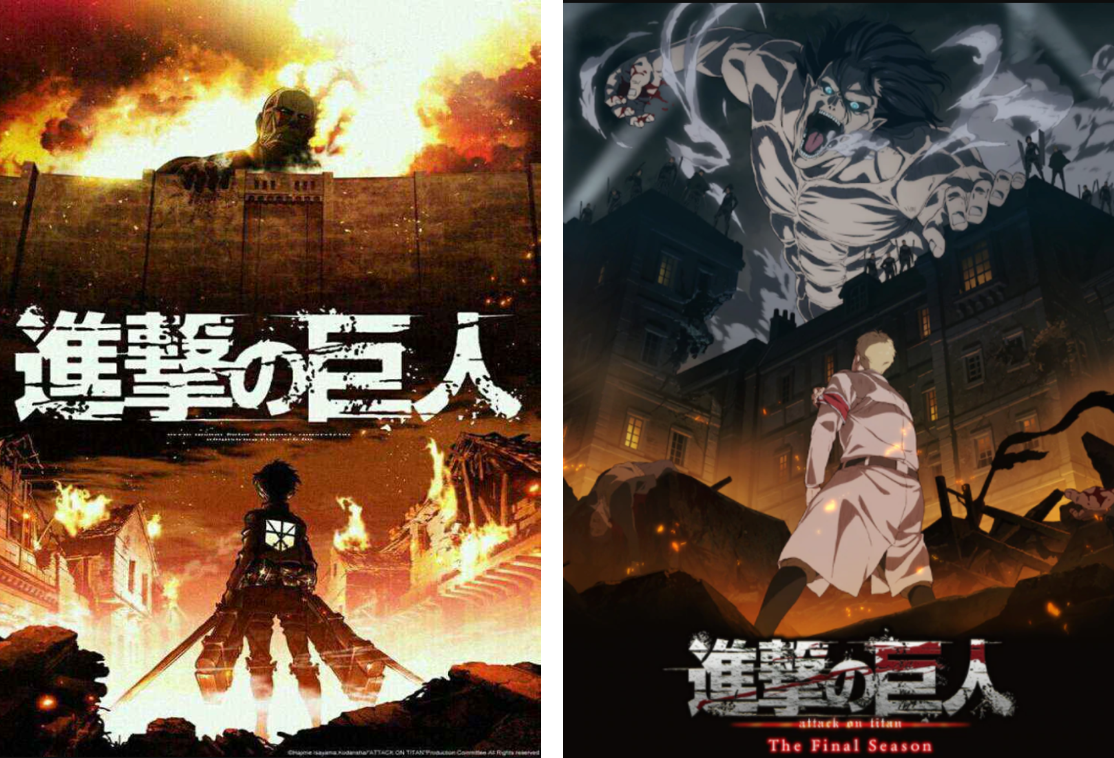
(This article contains spoilers for the plot of the comics, if you haven't watched it, please decide for yourself)
There are many animes in this world talking about human freedom and will. In addition to "Attack on Titan", such as "Black Bullet", "Kabaneri of the Iron Fortress" and so on are famous examples. Their plots are quite similar. They describe that one day, for some unknown reason, human beings are suddenly surrounded by a group of monsters, zombies, and giants. They can only hide in the city protected by barriers, iron cities, and walls, and cannot easily go out. In order to protect everyone, the protagonists choose to exercise themselves, and with the determination that they may die, they bravely fight against these "abnormalities".
Therefore, these three animation scenes are quite exciting, full of thrilling battles, and also have good characters, and all have border characters like Ellen who are both external giants and internal human beings (such as the half of "Iron Fortress" in "Iron Castle". Kabaneri, a half-human corpse, and the "cursed girl" who fought with gastrula in "Jet Black Bullet"), aroused suspicion from insiders.
But why is "Attack on Titan" the most impressive masterpiece? Even broke the house circle back then and attracted a lot of people who didn't like anime? As for the other parts, either the plot of the ending broke down and ended in a scribbled way, or the original good character design was distorted, making it difficult for people to accept the turning point of the plot?
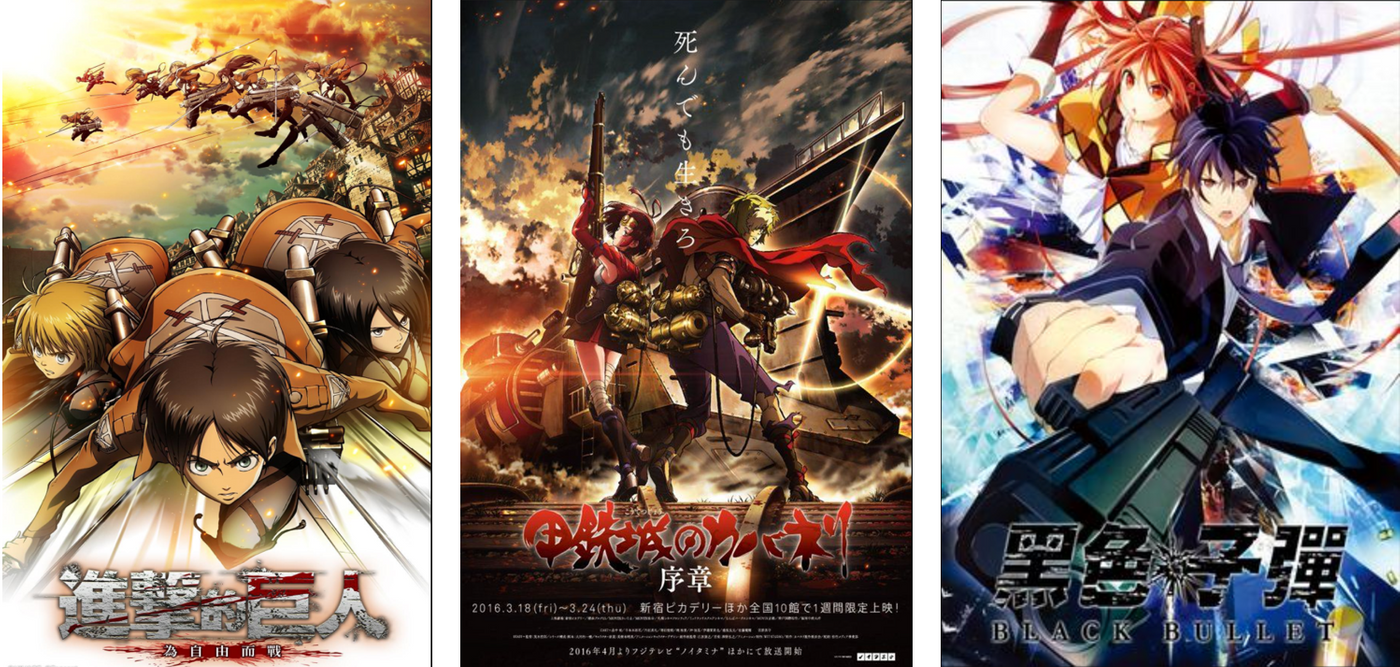
A simple explanation is of course that "Attack on Titan" manages his plot very carefully, and explores the inner struggles of each character, and there are more in-depth issues and so on. But I think the biggest difference lies in the reflection on the "enemy", "Attack" is completely different from the other two. Allows "Attack" to expand its issue space. Even more, the themes of "freedom" and "death" have completely different meanings in the play.
Freedom is the first time we watched "Attack on Titan", and it was easy to think that it was the theme of this anime, because in the play, he kept showing people's will to pursue freedom. The protagonist Alan constantly condemns people who stay within the wall, just seeking stability, as thoughtless domestic animals. Armin kept describing his imaginary sea, falling into romantic imaginations. Erwin questioned the ideas instilled by the capital and secretly investigated the truth outside the walls. The Survey Corps represented itself with the badge of the Wings of Freedom. Leaving the wall and traveling among the dangerous giants is nothing more than a hope that oneself and people will not only live in the wall, which symbolizes getting out of the wall and obtaining a freer life.
But what's interesting is that I never thought that "Attack on Titan" was really an anime discussing freedom. He made the protagonists in it keep pursuing freedom, but later, when he really wanted to portray it, it seemed that freedom was possible. Doubt that never existed. The only question that exists is whether we can move on, or even sacrifice, for what we believe in. Even if your own sacrifice may end up being meaningless. It's going into meaningless death and constant pain and grief.
The first difference between "Attack" and "The Iron Fortress" and "Jet Black Bullet" is that the depiction of death is very deep and delicate. To be more precise, "Attack" deeply describes the state of mind that people have when facing death and giants. As long as we compare it with "Iron Fortress", we can see that the plot of killing zombies in "Iron Fortress", to be honest, is like showing off animation special effects and showing how powerful the protagonists are. . With Sawano Hiroshi's lively music, Zombie Killing is like watching a cool movie. People who are not the protagonist are like stupid trash fish killed by zombies, or fall into mindless judgment, and finally suffer the consequences. The protagonists are only temporarily weak when they need to struggle in the plot, but they always recover quickly afterward, and they kill a lot of zombies in an instant like playing with electric toys.
In "Attack", the protagonists do have auras, but the difference is that Isayama tells us from time to time that the survival of the protagonists and the successful investigation of the army to regain the wall is not because they are very powerful, but because of the sacrifices of many people. Rather than showing the wisdom and heroism of the protagonists, "Attack" shows more of the shadows and oppression left by the deaths of others in the hearts of the protagonists. Ailian, who has the power of giants, did not become stronger because of this power (completely different from the protagonists who obtained the power of zombies in "Iron Fortress"), and can solve all crises. In order to protect him, many people even Sacrificing his own life made him stressed, and saw many members (Riviban, etc.) die in front of him, and thus fell into great confusion and grief. During the third season of the War of the Kings within the Walls, she even collapsed to the point where she hoped that Hestria would turn into a giant and eat him as her father wished. Because he can no longer bear the enormous pressure.
The trembling of death is omnipresent in Attack. From the first time he fought against the giants in Trost, Allen watched with his own eyes that his teammates were mercilessly slaughtered by the giants in an instant. Looking at it season by season, the cruelty has not diminished, but it has become more and more deepened. As the protagonists get closer to freedom, the sacrifices they make also increase. The pursuit of freedom is slowly changing not for the pursuit of freedom, but for the sake of responding and bearing the sacrifices of the predecessors and moving forward.
Regarding "death", the biggest climax of "Attack" appeared in the third season, when Captain Elvin decided to give up his desire to know the mystery of the giant, and led himself and most of his legion to the boulder thrown by the beast giant. , The shock that the whole huge scene, people's fear of dying and the cry before death, is indescribable in words. In the shock, the only thing I can think of is the words Heidegger once said: "Man exists toward death."
Heidegger believes that death is not simply the end. In fact, life begins to turn and people will actively live when they realize that they are mortal beings. But we should note that although Heidegger's idea of death resonates with "Attack", it is actually not suitable for "Attack on Titan". First, for many of the members on the show, it was too late for them to realize when the death happened. Second, although Heidegger often talks about death, he is not talking about the meaning of sacrifice.
The thinking of death in "Attack" is actually closer to the idea of another philosopher who strongly criticized Heidegger, Levinas. He believes that the beginning of ethics and morality is not because people realize that they will die, but It is because I realize that others will die before I begin to think about morality and my own life. In other words, in Levinas' philosophy, the death of others is the really important cornerstone of all thinking. On the other hand, the death of others is actually the theme that "Attack on Titan" keeps portraying.
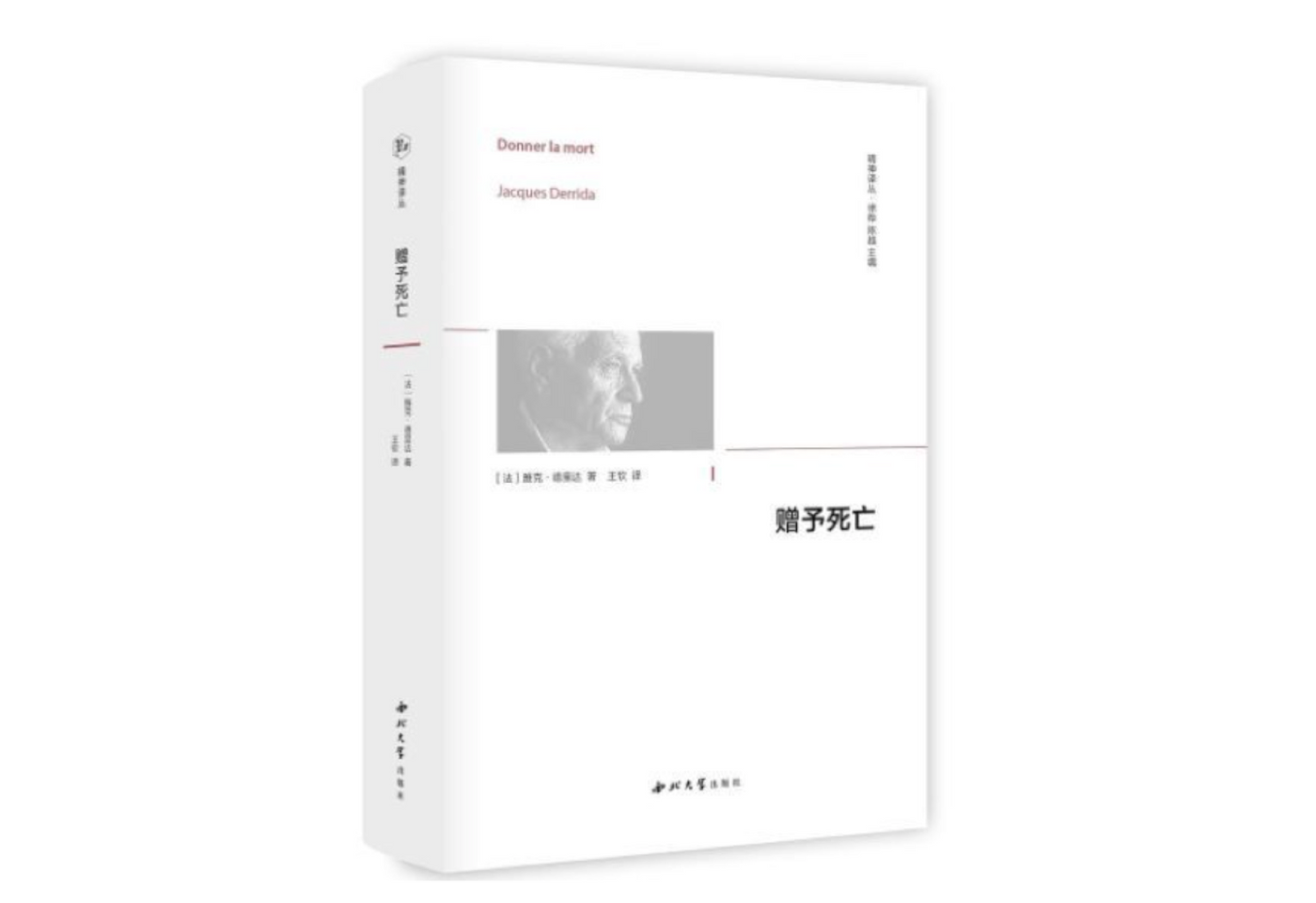
Another important philosopher, De Chida, based on Heidegger and Levinas, wrote a book that would later become very influential, The Gift of Death. In it he has a very unique description of death and sacrifice:
"The uniqueness of the subject can be manifested in the absoluteness of death. No one can experience death for you except yourself. Death is an experience that no one can replace with one's own uniqueness. Sacrificing oneself for others is absolutely not Death "in place of" others."
We often think that when a person sacrifices himself to save others, that person replaces that person's original death, because if it weren't for him, the original person would have died. But Dehida believes that this kind of "replacement" is impossible in the real sense. Because it is absolutely impossible for a person to replace the death of others, at most, in that situation, the death of others is delayed. "Sacrificing oneself for others is by no means 'replacing' the death of others." It is giving one's own life to others. , to give his own death, let him remember and bear my death.
Dying is not the same as dying. Dying is a state of loss of life, but many things do not make us lose our life, but they can make us feel dead, such as attending a funeral or hearing news of someone passing. From this point of view, death, in addition to generally referring to the state of death, is actually a deep emotion.
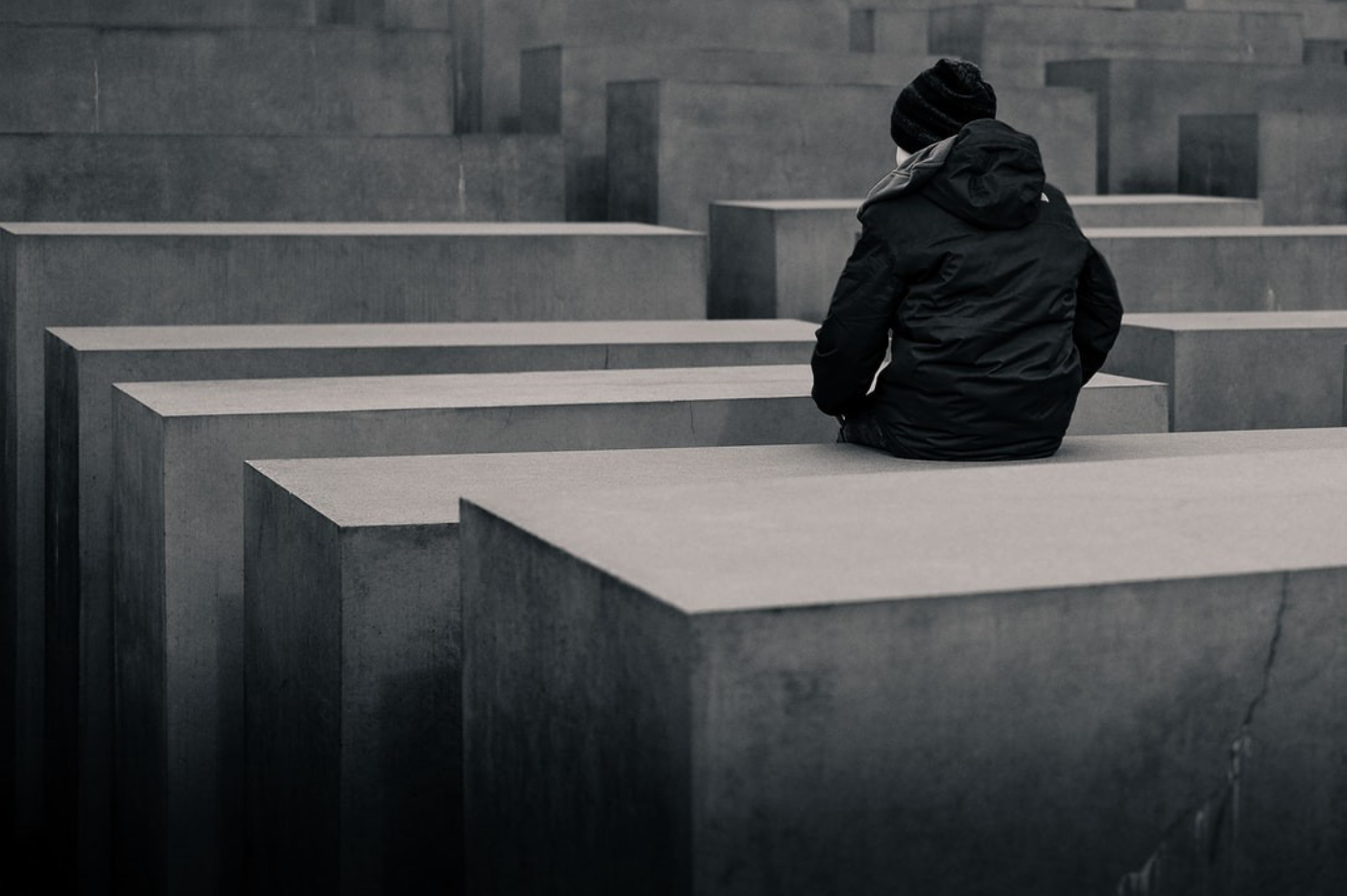
Interestingly, seeing someone die doesn't necessarily mean you feel death, and you may not even feel death at all. For example, when we are using electric motors, although we see many people die and even kill people, we rarely feel that others are dying. When watching "The Iron Fortress" and some Hollywood movies, the same is true. Although a lot of zombies, villains, and soldiers died in the play, we will not have any feeling of death, but only think: wow! The protagonist is amazing! The special effects here are fantastic! So cool! In these states, death is not bestowed upon us by the death of others, and death reduces to death. Transformed into an irrelevant, disregarded data, pleasure. ,
Why is there such a difference between dying and dying? As Dehida said, in death, the uniqueness of a subject will be revealed, because we will realize that this person's life, like his death, is irreplaceable, especially in profound literature , film, art, the death of each important character is unique to the reader. But like in electric, or some movies that just kill for the sake of killing, the message to be conveyed is just the opposite: there is no difference in everyone's death, death is just death, it doesn't matter who dies, as long as someone dies, it's fine . Ironically, Deshida said: A lot of times, the state also often thinks about sacrifice, and only treats people as mortal things, not as mortal beings.
"Existence that dies", this sentence is actually interesting to read in Deshida's eyes. In "Giving Death", De Chida inherits Heidegger's influence and believes that death is a human ability, not a state. "Death" means not only the fact that life will die one day, but also means that people will use their knowledge, perception, and imagination to create their own life back and forth. To only regard human beings as things that will die is to deny human energy and creativity in the face of death. Deny man's ability and right to use his own death.
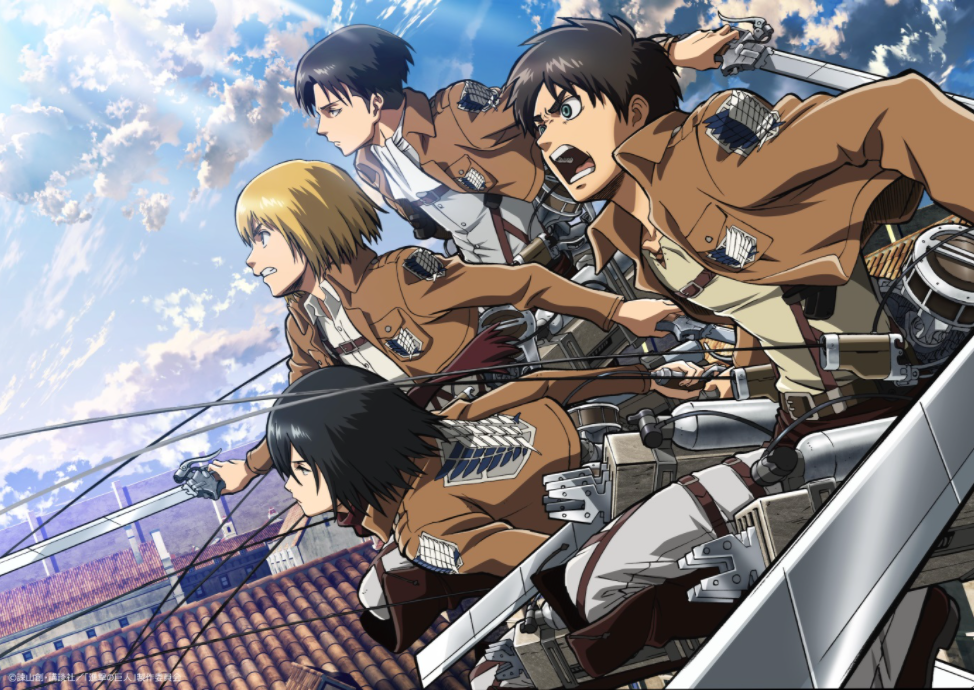
In "Attack on Titan", there are many battles, but Isayama has always made us realize that it is not killing, but cruel sacrifice. Death itself is cruel, whether it is people of the same camp as oneself, or others who represent the "enemy". Even in the final season, when Armin turns into a super-giant and blows up civilians in an entire naval port, the audience feels the death of people, not just the death of people. Even if we don't have a strong emotional connection to Marais characters, we still feel their own unique subjectivity in these death scenes. Just like the two guard uncles who died suddenly in front of Jia Bi, or Sophia who was suddenly crushed to death by a boulder, and Ude who was trampled to death by people... They all have emotions, warmth, their own lives and cherished objects. individual. They are fragile beings that will die, and have the right to use their own death, not just a dying life, and then experience the struggles of the protagonists.
In death, one perceives not only the death of a life, but the passing of something very unique and intimate to oneself. It can even be said that if the word "soul" refers to the uniqueness of each person that cannot replace each other, then what people perceive in death is the disappearance of a soul in the other, the separation of a soul, and we cannot. In interacting with it, the gaze of that person's soul on us can only be preserved in the imaginary memory and imagination through the mind.
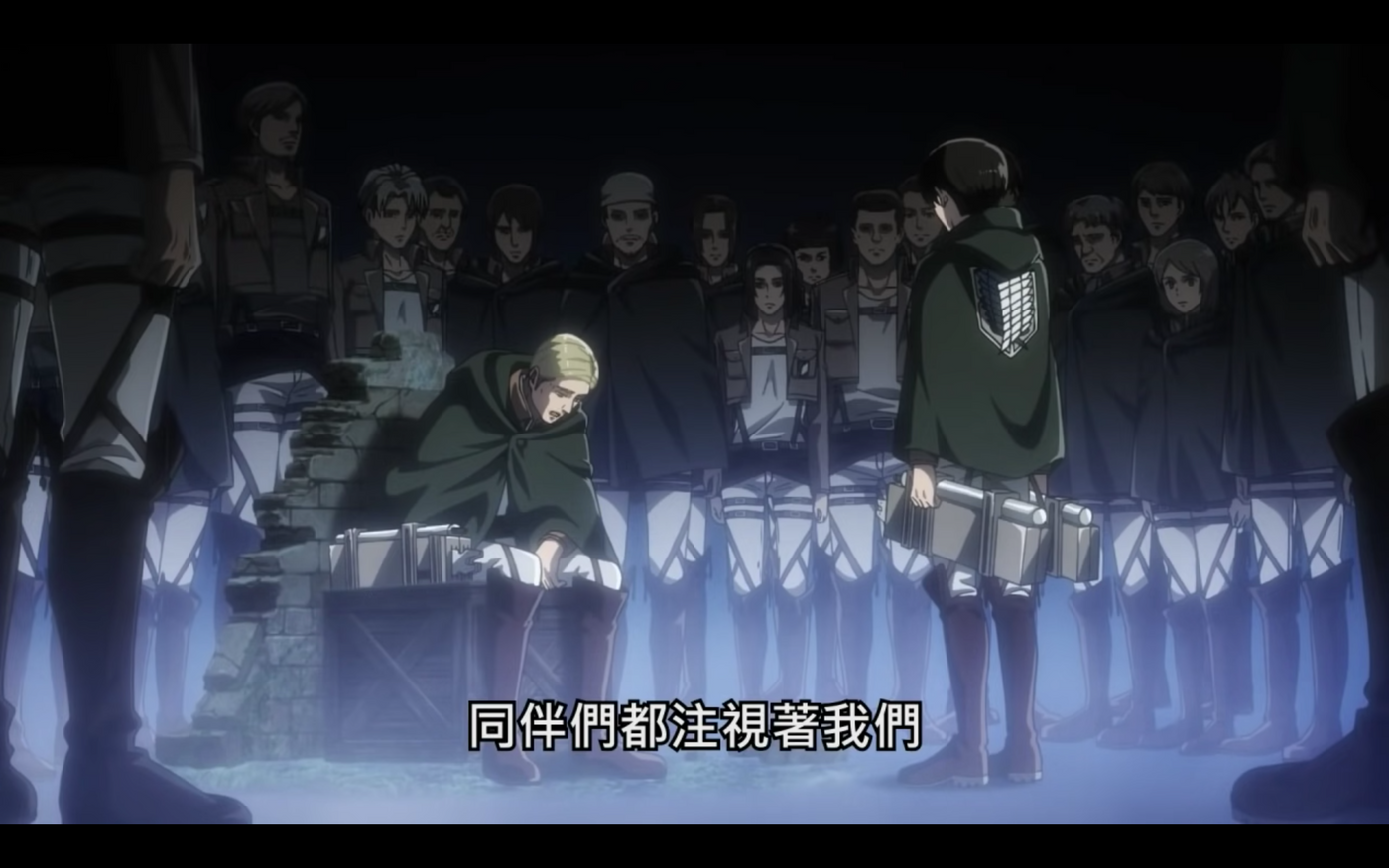
Gaze, in De Chida's philosophy, also has a very special meaning. From a certain point of view, another difference between death and just death is that death will make the individual who lost his life die, but it does not seem to have really left. thought. But in some of the movies or movies we mentioned earlier, the death of a character doesn't have that effect. But in "Attack on Titan", the characters in it are obviously fictitious, but their deaths are difficult to leave our hearts. To a certain extent, the death of Riviban, the sacrifice of Alvin, the sacrifice of Sasha His death has become an indelible memory in the hearts of the audience and the surviving characters.
Deshida said that death is a gift, not a replacement, precisely to emphasize that the death of a companion or regarded as an "enemy" is something that future generations cannot forget, but must bear and respond to.
In the third season, Captain Erwin told the soldier before he died, how much he wanted to leave the team directly and rush to the basement to read the documents left by Ellen's father and understand the truth of the world. But in the end, the reason why he chose to "give his heart" was because he had to respond to the sacrifices of his past companions. Although these companions died, they did not really leave. Their appearance and words, like ghosts, remained in the memory and mind of the survivors, staring at their words and deeds, reminding themselves not to forget their deaths. In this scene, the death of the other, as Deshida said, becomes a huge other that cannot be touched but keeps staring at the living, asking the living to respond to the death that he has bestowed upon him.
"Entrusting meaning to the next survivor is the only way to fight this cruel world."
What is the meaning of sacrifice? It's something that many people in Attack on Titan keep thinking about. And what Captain Irwin said in his final manifesto was a response to this question. Combined with Dehida's philosophy, sacrifice is to give up one's own uniqueness and entrust it to the latter to bear and respond.
Irwin's statement also echoes what Armin has been emphasizing from season 1 to season 4:
"A person who can't give up anything can't change anything."
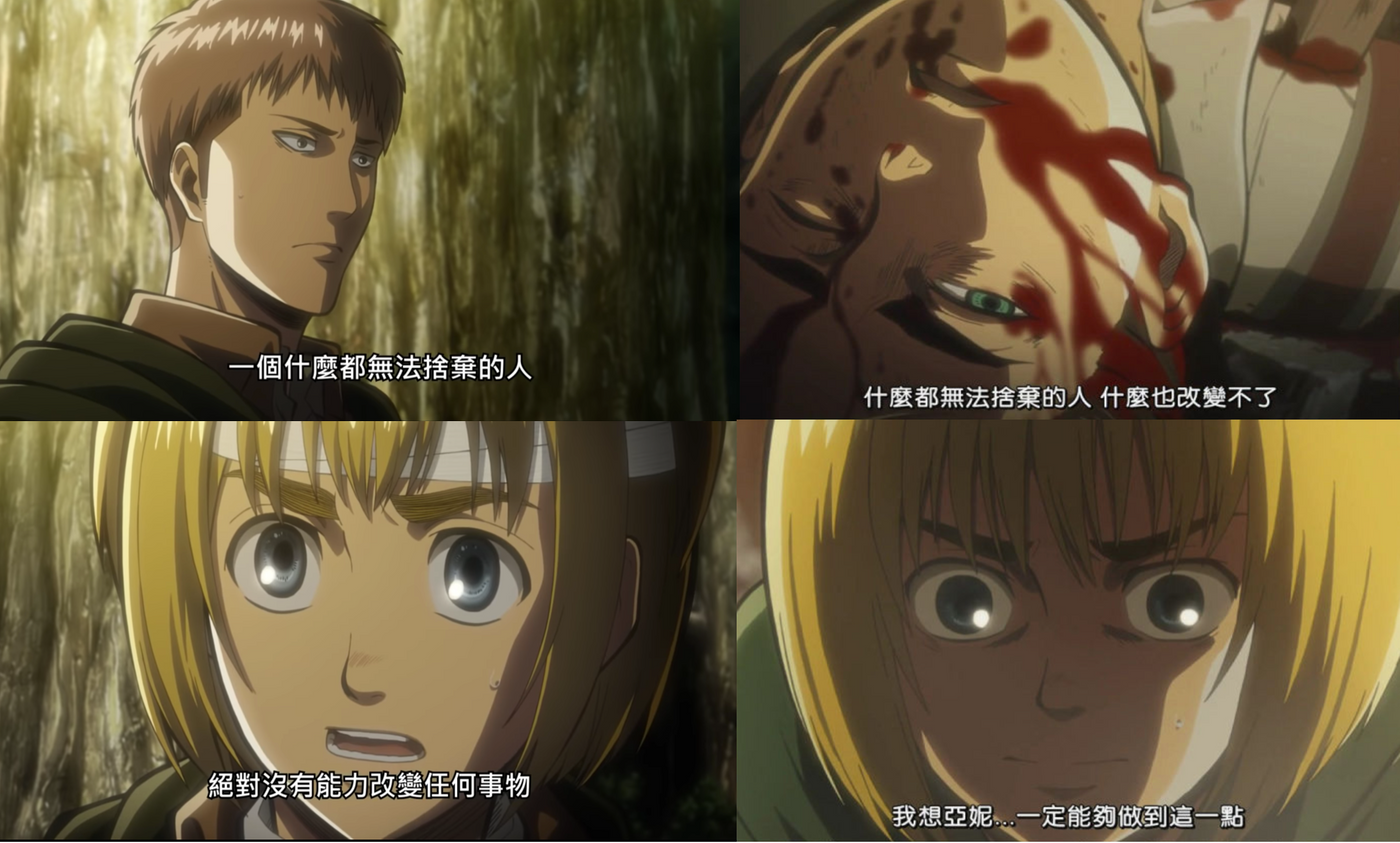
Does sacrifice really make sense? Nobody knows. In the world of Attack, sacrifice is a gamble that someone will survive. Remember the death of yourself and your companions, and continue to pursue the idea with these memories and pains, and inherit the things entrusted to you. Captain Elvin chose to die under the slinging of beast giants, Marai captain Margat chose to die from the explosion after the break, and Han Ji chose to die at the feet of the giants... These sacrifices are all to make the ideas that they believe in. Entrusted to future generations, on the contrary, if no one survives, the sacrifice will be in vain and will be forgotten forever. Change can't happen.
There can be no freedom without sacrifice. "Attack on Titan" has been exploring the relationship between freedom and sacrifice. Constantly weighing whether the sacrifices made in pursuit of freedom are just. In other words, the thing that reflects on the relationship between sacrifice and freedom may be politics in the true sense. The battle of the royal capital in the third season is not a pointless turn to the struggle between people, but by shifting the confrontation between people and giants, it is pointed out that the confrontation with "giants" is actually an extension of human politics. This extended question has two parts, one is the politics inside the wall. The other is beyond the walls — the politics of the world. The politics of the former requires people to forget, the politics of the latter requires people to hate.
Whether it's politics inside the wall or politics outside the wall, they all have the same problems that they have to be overthrown. This kind of political question can respond to our earlier thinking about sacrifice and death.
Although the positions inside and outside the wall are not the same, they both want to hide the truth of the "giant" and history, and in order to hide this truth, both sides need to make a lot of "sacrifices". However, these "sacrifices" are not the same as the sacrifices we mentioned before. These "sacrifices" are not to entrust meaning to the next survivor, but to terminate, cover up and forget the entrusted meaning. "Sacrifice" is not for the possibility of change, but for the continuation of the status quo.
The giant that devoured mankind was not caused by some disease, nor was it a strange monster that suddenly came from aliens. They are giant beings deliberately created after being deprived of memory by humans. Unable to speak and lose emotion, he can only eat people constantly. Forget who you are, forget what you have done, and finally forget why you are here. Wandering in groups all day in the deserted suburbs outside the wall, it is like representing a silent history, losing its identity and identity, on the periphery of the city wall, it is used to form the legitimacy of domination, create mutual hatred, not Stop oppressing and persecuting those who do not know the truth of history.
Different from the idea of the regime inside the wall trying to forget the existence of giants, the investigation legion is not just fighting against these giants. In the process of killing giants, they are also investigating the causes of giants and trying to investigate the past history. Understand why giants eat humans. Investigating Legion's operations, so it's not just a struggle for survival, but also an attempt to reverse the hypocritical politics of reality, and this seems to be the true meaning of "freedom" in "Attack on Titan": to overthrow the political High walls, overturn the life, sacrifice and death repressed by politics, and seek understanding on both sides.
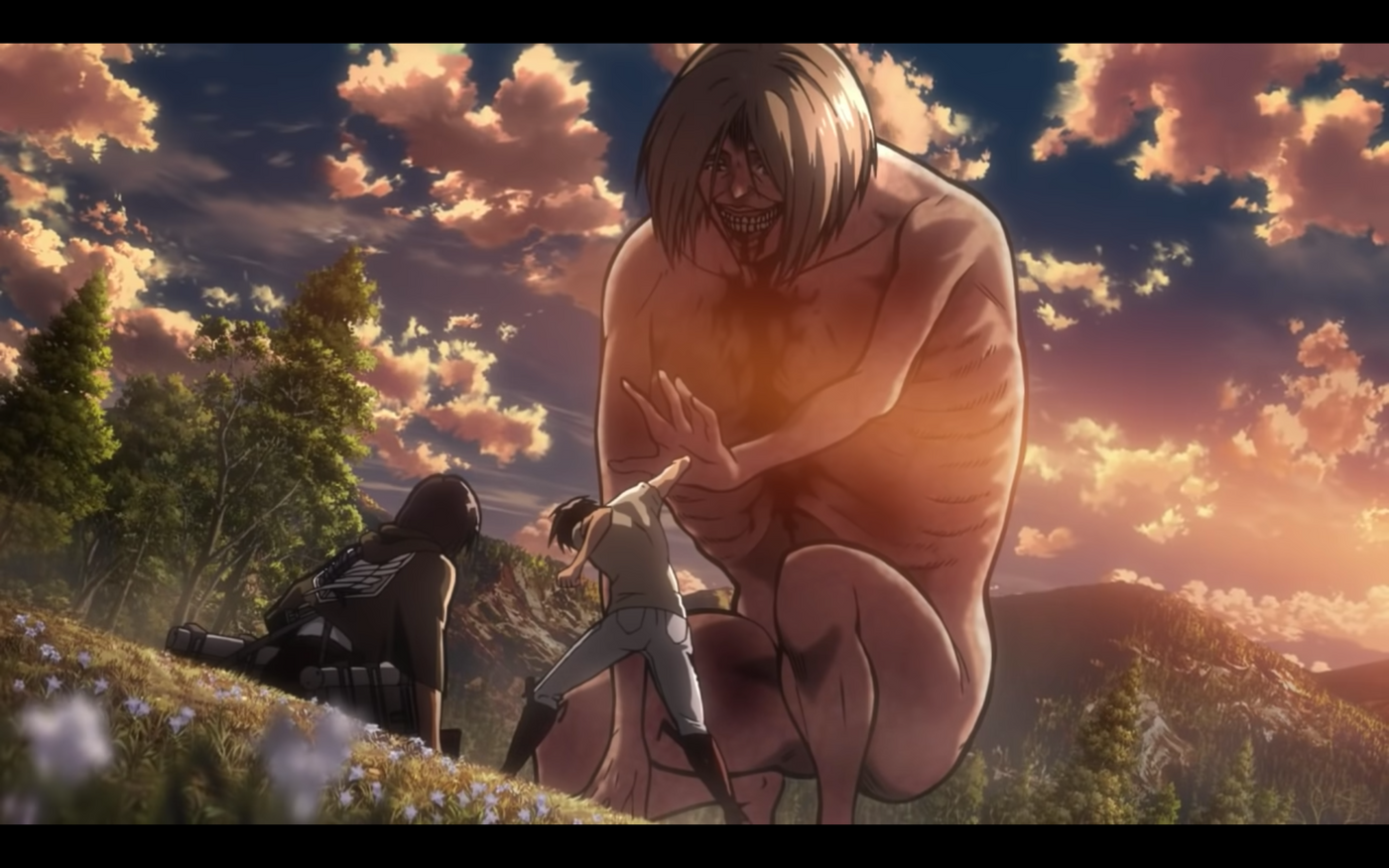
As we mentioned earlier, in "Attack", each battle is not a purely entertaining action drama, but a series of huge and cruel sacrifices made by people for their own ideas and burdens. To a certain extent, every battle in "Attack" and everyone's past experiences are quite political. The deaths they experienced were not just accidents, but mixed with the conspiracy and considerations of different characters and regimes. Isayama does not tell us who is the bad guy and who is the good guy, but let us understand that even if the positions of all parties can distinguish right from wrong, everyone with different positions is a life worth understanding and exploring. .
When Ellen met Reiner in the fourth season, she sighed to the end. He was disappointed to find that Reiner and others, whom he regarded as enemies, were actually ordinary and deeply hurt children just like himself. They are propelled by different political giants, indoctrinated in different brainwashes, and asked to hate each other and wage war on each other.
The question is, when we find that all this is a political conspiracy of the world, how can we break the situation trapped by the original politics?
It was here that the protagonists, Ellen and Armin, parted ways. Armin believes that to reverse this situation, what is needed is for people on all sides to re-understand each other. But Ellen believes that it is an impossible task for everyone to understand each other. Therefore, it is necessary to activate "Earth Singing" to calm everything down and bring politics back to its original state, so that everything can be redistributed.
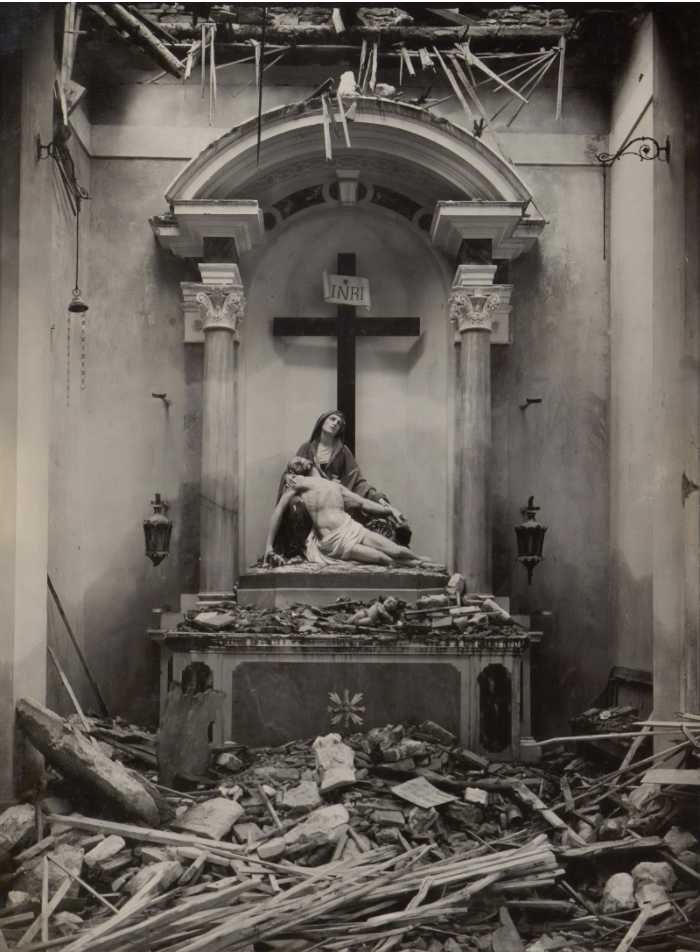
Ellen's biggest difference in the final season is not only her appearance, but her whole personality. He is no longer easily excited like his younger self, and when he sees his companions and "enemies" dying in front of his eyes, he can face them with a very calm mind. When he heard that Sasha, who shared his life and death with him in the past, died on the spaceship, he only mocked his pain and incompetence with a wry smile. To a certain extent, this was his paralysis and the beginning of his repression. Because if he didn't, he didn't have the courage to launch "Earth Sound".
"Earth Sounds" is like a device that detonated all the nuclear bombs on the earth. It is a symbol of the end of the world, and it also has the intention of rebirth after destruction. His initiation seems to be an inevitable and inevitable result in the play. Even the Eldians, who represent the side of the oppressed who wish to understand each other, have difficulty interacting on an equal footing when confronting Marai's prisoners of war, such as Niccolo. Then the goal of hope that all countries and people in the world can understand each other seems unlikely. On the other hand, if you don't activate the Earthquake, but just use the Earthquake as the trump card of the pressure box, threatening the world not to invade Parady Island, such peace may be just an illusion that will collapse at any time, because as long as there is a chance, The enemy may take away the ancestral giant.
Perhaps it was because of these considerations that Isayama Sou decided to let Ellen start the Earthquake. In fact, Armin and his party, who hope to understand each other, can only have the opportunity to re-communicate and cooperate with Marai, who was originally an enemy, only when Ellen launches the Earth Scream. To unite the world, we can only have a worldwide crisis, so that the centuries-old wall that originally blocked the countries of the Parady Islands finally collapsed. The domination and oppression of the "past" reappears in various countries in the form of a super-giant. The activation of the Earth Sound is therefore a "sacrifice" of last resort, just like the necessary evil that drives the world.
In the sound of the earth, Ellen not only sacrificed the unknown people who would be trampled to death by giants, but also sacrificed her own and Armin's past ideals. To destroy others, but also to destroy oneself. From a certain point of view, he made himself the dark side that he had to play in order to change the world, and hoped that Mikasa and Armin would stop him before they killed all the people in other countries. Through this blocking, the enmity between the Eldians and the world can be ended in his own generation. But can things end like this? This question may not get a real answer even if "Attack on Titan" ends with a good ending.
The world is cruel, a theme that is repeatedly emphasized in Attack on Titan. The theme is a metaphor from the very beginning: in order to survive in the world, man is destined to face a situation and destiny full of danger and uncertainty. If you want to leave the stable life and pursue freedom outside the wall, you must face the danger of being swallowed by giants. But in the end, it turns out that cruelty means more than that. For Attack, the brutality of politics is the real theme behind it. No matter how hard people try to understand each other, after all, it is difficult to trust each other, and they live in suspicion, suspicion, use and conspiracy that can never be escaped.
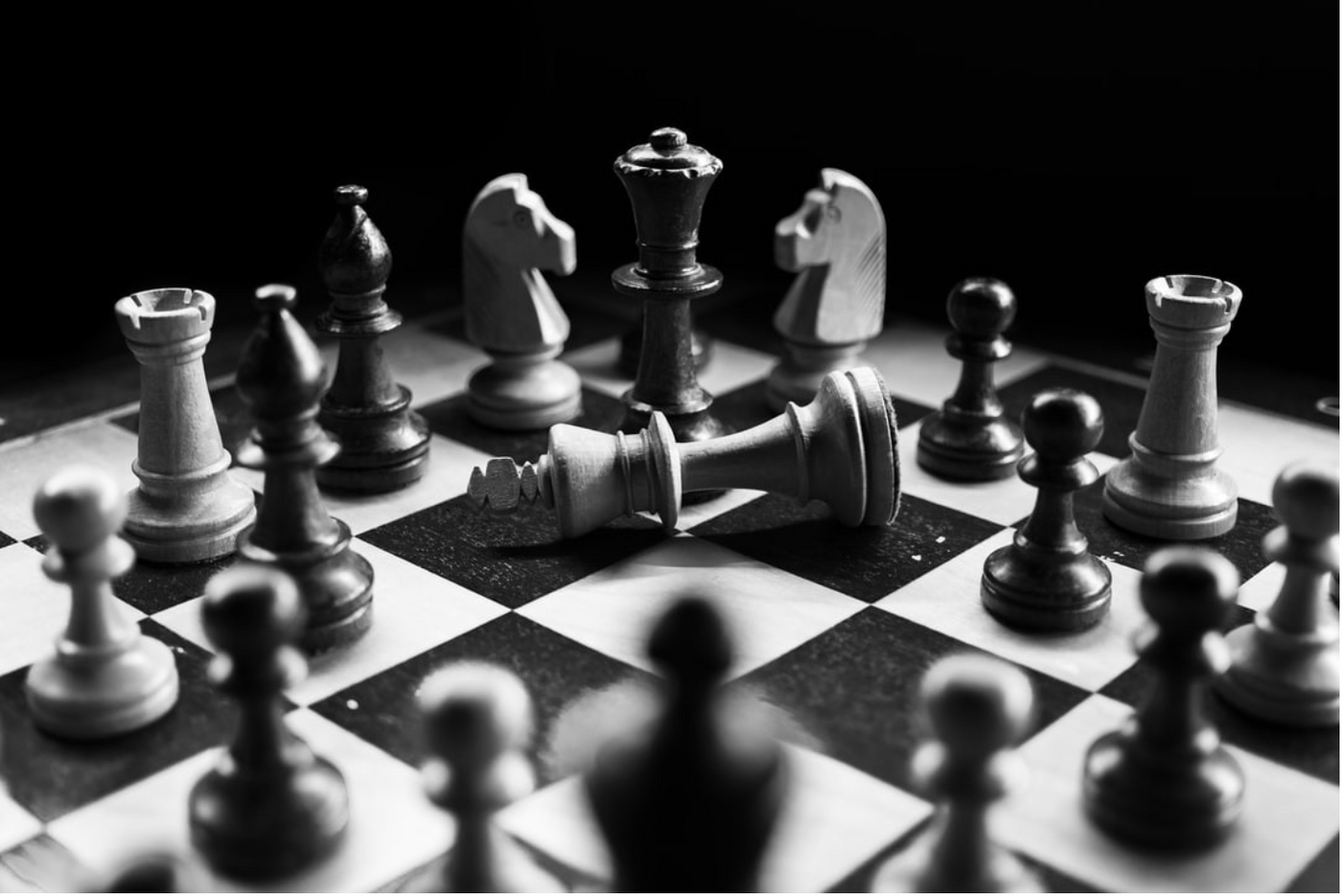
"Attack on Titan" is like a huge performance of human political history. The future that Ellen foresees through the "road" of the ancestor Ymir is not only a deterministic and unchangeable "destiny", but also more like a For generations, humans have evolved from swords, horses, and shotguns in the past to the era of machine guns, bombs, warships, aviation, and nuclear weapons represented by super giants. , Repeatedly embarked on the murderous fate.
The era in which Armin imagined that everyone could understand each other could never really exist. Because in this world, it is almost impossible to have politics without sacrifice. But even if it is impossible, you can only use your greatest strength to give your heart to this idea and value and give it to death.
As for Ellen? He is like a character who had expectations and beliefs about the outside world, the future, politics, and freedom at the beginning, but under the shadow of rounds of sacrifice and death, he slowly lost that hope and finally chose to destroy himself. and others, intending to make it by myself, and bear all the sacrifices with one hand. Maybe all politics is like this at the beginning, wanting to lead people to pursue freedom, but in the end, they are learning how to face the sacrifices in the process (of course, some of them give up directly~).
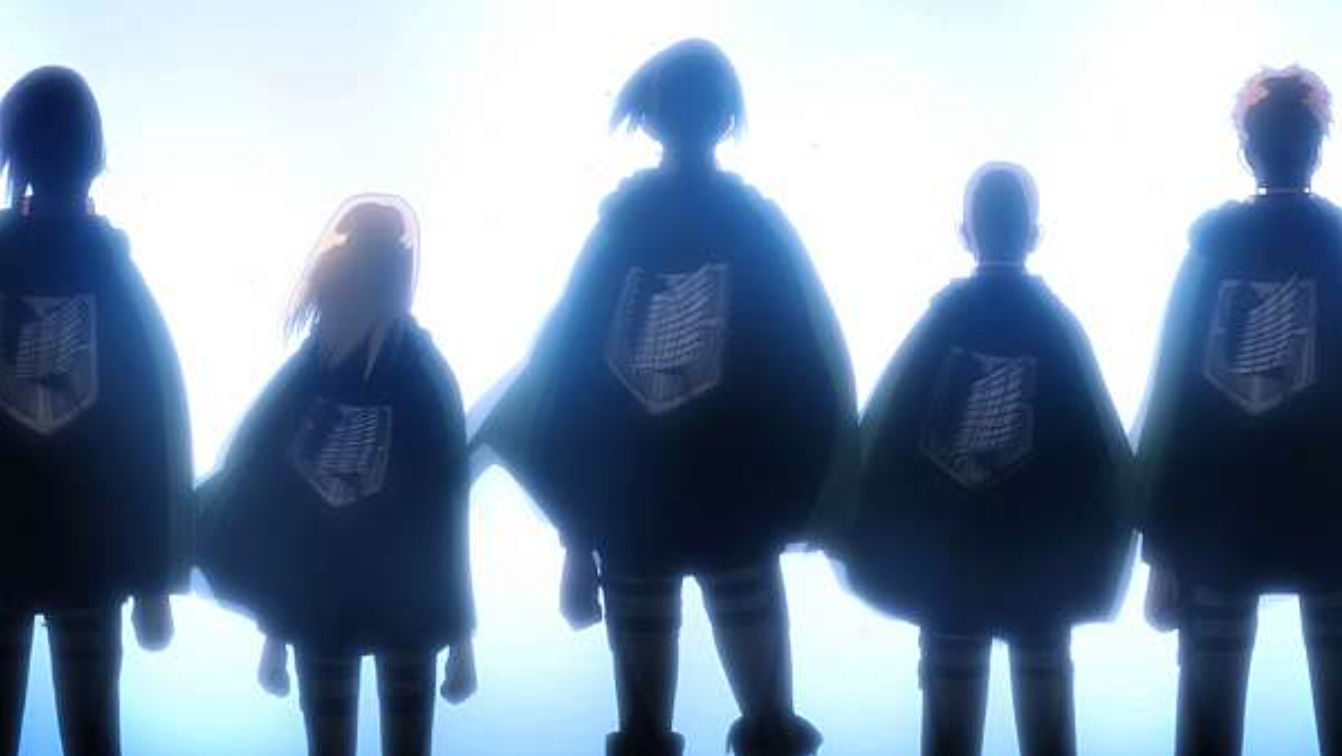
Isayama has a kind of pessimism about the future of human beings, but in this pessimism, there is still a belief in facing human beings. Even if a perfect politics will never come, Isayama believes that no matter in which painful generation, there will still be Humans like Armin, Mikasa, Rainer, Jean, Captain, Han Ji, Falco, and Jabi are willing to listen to each other, communicate and cooperate beyond their standpoint. After understanding each other, we devote ourselves to saving the world without hesitation.
The purpose of human existence is not to reproduce, but to connect with different people. This is Armin's response to Gek in the latest episode 137 of the comic. It was also at this time that Jike, who only wanted to die, realized that what really drives life and makes people willing to give their hearts and struggle for this meaningless world is the will of people to build bonds with people and protect them. . Love and reproduction are also one form of this bond. It is not the desire that life produces simply to live.
No matter how hard you struggle, maybe people can't really achieve a world where everyone can be equal and free. But just like Gek's favorite game: passing and receiving the ball, it's not whether that world, that "freedom" exists or not, but the process of losing the ball between people and connecting them with each other, and missing the ball. Just trying to find a way to pick up the interaction and communication constitute the most fundamental meaning of getting along between people. As long as they can continue to catch and pass the ball to each other, he is also willing to live and struggle again, and fight for the impossible future together with everyone.
The process itself is very meaningful. It also makes us understand that the "giant" is not just a giant being that can eat people. In fact, he is also the hidden huge potential of a tiny human. As long as a momentary, flash-like awakening is aroused, man can transform into not a terrifying existence that eats people, but a huge force capable of carrying sacrifices, connecting people, and triggering political innovation.
(This article is simultaneously published on the square grid blog: Literature Lab )
FB Fan: https://pse.is/TCBRA
IG account: https://www.instagram.com/bungoussteins/
Like my work?
Don't forget to support or like, so I know you are with me..
Comment…